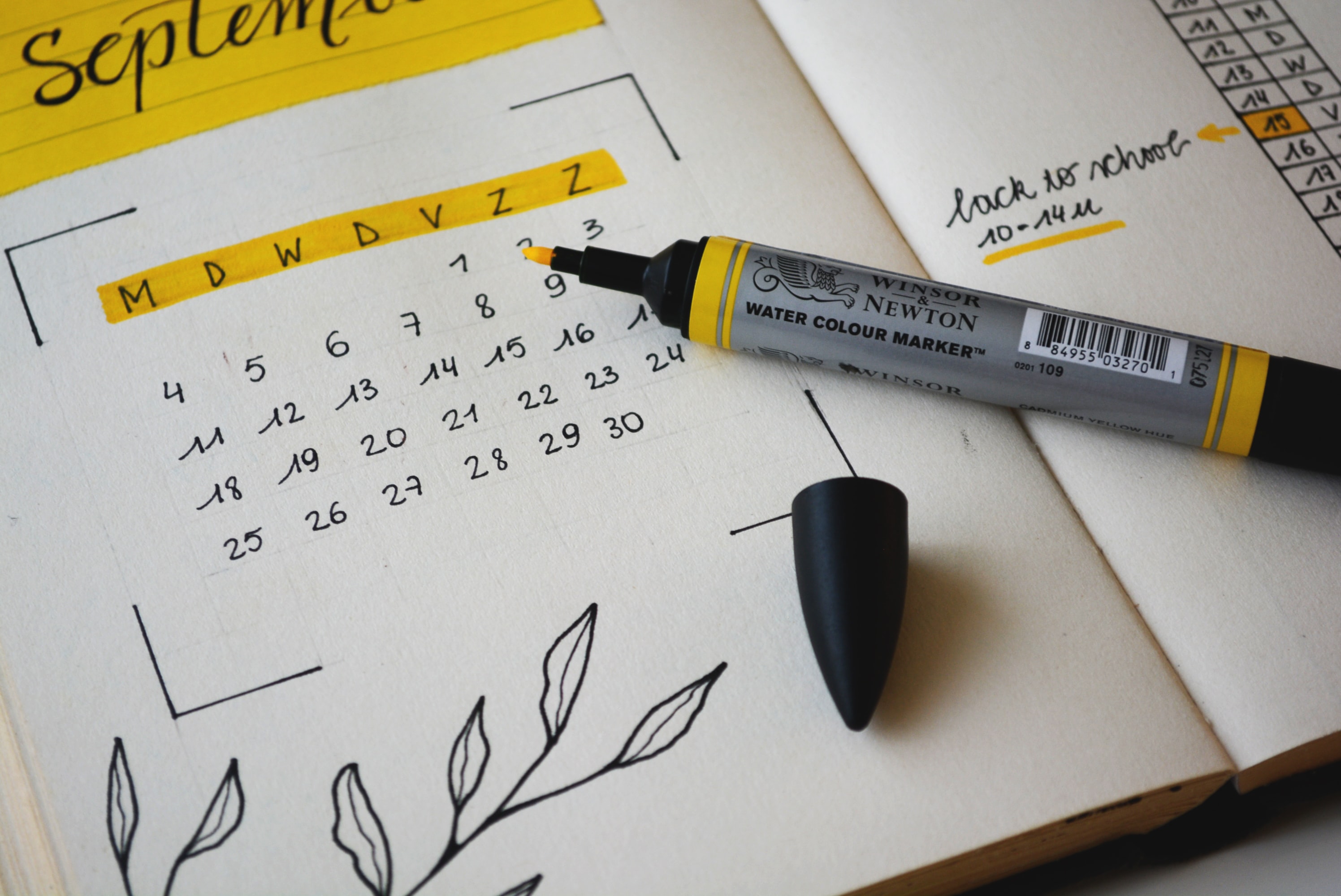
How's everyone doing? Lately, I've been trying out different songs to sing while I wash my hands, and as someone who spent so much time living in lovely East Tennessee (Go Vols!), I'm thrilled that the chorus of 'Jolene' by Dolly Parton is exactly 20 seconds. Here's a Twitter thread with a list of other songs with 20 second choruses: https://twitter.com/JenMonnier/status/1234532567610605568.
In this time of uncertainty, we may find ourselves looking for stability and comfort. In a data management sense, we can find that sense of stability in ISO 8601. What is ISO 8601? Sit back, grab a snack (but wash your hands before you eat it!), and let's talk about this beautiful, wonderful concept.
The International Organization for Standardization (ISO) develops international standards that help solve problems that can arise when conducting research, trade, communications, and other activities at a global scale. These standards span a wide range of topics, including ISO 3529 which refers to vocabulary standards when describing vacuum technology, to ISO 4921:2000, which provides standardized vocabulary for communicating about knitting! It's all really cool stuff, and perhaps my favorite standard is ISO 8601, a standardized way of representing dates and times. ISO 8601 dictates an internationally-recognized format for representing dates as follows: YYYY-MM-DD, such as 2020-03-13. While I won't be talking about time formats today, you can get more information on this by clicking here. Why do we need a standardized way to talk about dates and times? Consider the following example:
Look at this date: 01/09/12. What do you see?
Someone in Kansas would likely read this date as January 9th, 2012, as we tend to use a 'month - day - year' format here in the United States. However, someone in London, UK would likely see September 1st, 2012, as it is common there to write dates in the 'day - month - year' format. Now, what if these same two people in Kansas and London were trying to book a trip to sign a business contract in person, and they both booked flights to Newfoundland, Canada (an approximate halfway point) using their own interpretation of this date? Not only would this be a costly mistake, it would also be frustrating. While this is a rather extreme example, there are a multitude of situations where communicating dates in inconsistent, local formats could get messy across wider audiences. It's always a safe bet to write your dates in ISO 8601 format!
As a Research Data Management Consultant, ISO 8601 is one of those recommendations I can make that is quick to incorporate into your day-to-day life, while making a HUGE impact on the overall shareability of your work. It's a really beautiful thing, and as someone who has a lot of tattoos, I can't promise that I won't eventually get an ISO 8601 knuckle tattoo. No shame. I am also dangerously close to buying this t-shirt: https://www.teepublic.com/t-shirt/3169867-iso-8601-or-gtfo.
How can you incorporate ISO 8601 into your life? Here's some suggestions:
![]() Writing a paper for class? Put that ISO 8601 date at the top!
Writing a paper for class? Put that ISO 8601 date at the top!
![]() Naming a digital file, such as a photograph? Put the ISO 8601 date in that filename!
Naming a digital file, such as a photograph? Put the ISO 8601 date in that filename!
![]() Making a grocery list? Put an ISO 8601 date at the top of that list!
Making a grocery list? Put an ISO 8601 date at the top of that list!
Want help incorporating ISO 8601 into your workflow? I am always an email away (hgunderm@andrew.cmu.edu), and I'm happy to do one-on-one consultations via Zoom - just email me and we'll set something up!
Follow this link for information on our response to COVID-19: https://www.library.cmu.edu/node/2106. While the remainder of our Spring 2020 workshops are either cancelled or will take place online (follow this link for more information on our events: https://cmu.libcal.com/calendar/events/?cid=-1&t=m&d=0000-00-00&cal=-1), there's still a lot of great ways to engage with CMU Libraries virtually. You can check out our LibGuides, specialized research guides created by our subject experts, by clicking here, including the Data 101 guide found here. We also have a variety of online databases and resources at your disposal, found here. Looking for some more specialized support? dSHARP and the Data Collaborations Office Hours are now virtual until further notice! Click here for more information on joining us Wednesdays from 1-4pm.
And of course, please email me at hgunderm@andrew.cmu.edu if you'd like some help on your journey as a researcher/scholar/awesome human being here at CMU. Remember, we all use data, regardless of our discipline. If you think something might be data, you are likely correct and I can help you develop good habits for managing it! If you'd like to have your research data featured on Tartan Datascapes, please fill out the Google Form at this link to get in touch: https://forms.gle/ycGJNczCJyBKL7UA9!
